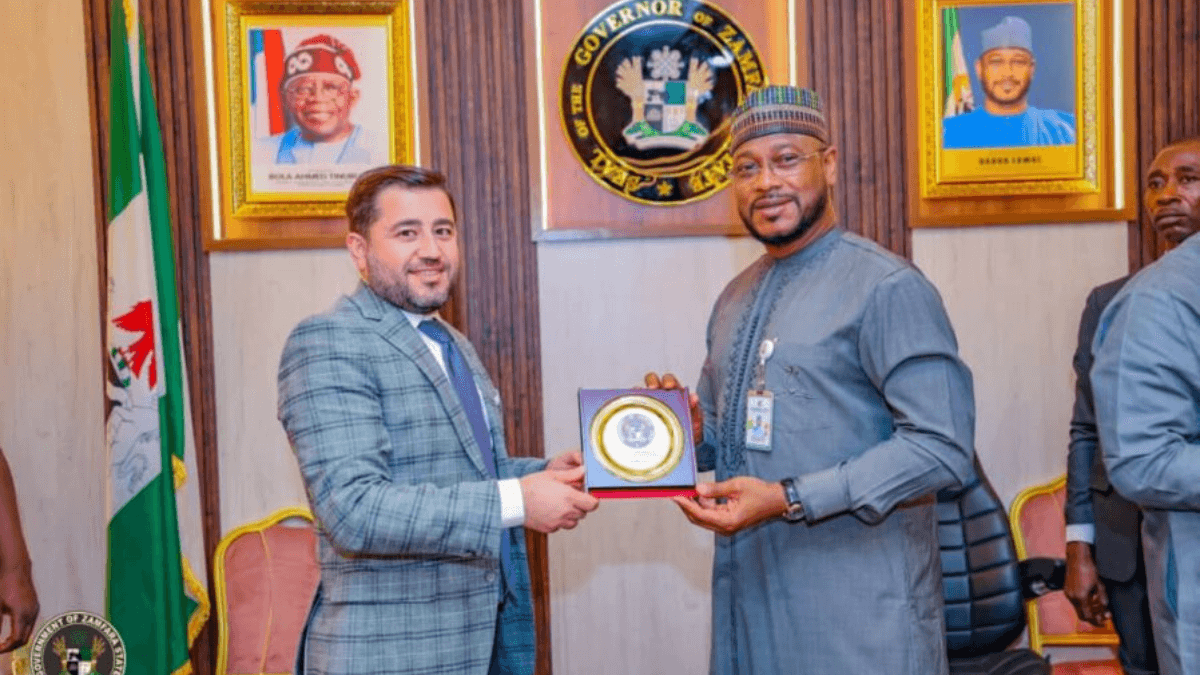News in brief:
– Governor Lawal partners with Direkci Group to modernise farming in Zamfara State, incorporating mechanised farming and greenhouses.
– This initiative aims to enhance crop yields, create jobs, and strengthen the agricultural value chain, serving as a model for global farming innovation.
Zamfara State is poised for a transformative leap in agriculture as Governor Dauda Lawal partners with Turkey’s Direkci Group to launch mechanised farming and greenhouse technology. The initiative, designed to bolster food security, create jobs, and boost economic growth, is a beacon of hope for farmers in Nigeria and across the globe.
Direkci Group, led by its CEO, Nurullah Mehmet, has committed to introducing modern farming technologies, including mechanised farming and greenhouses. This collaboration will focus on cultivating crops like cotton, sugarcane, and soybeans, while also incorporating poultry farming. Greenhouses, which are controlled environments for growing crops, will enable year-round cultivation, higher yields, and reduced dependence on imports.
Governor Lawal emphasised that agriculture remains central to his administration’s goals of addressing food insecurity and unemployment. He highlighted the importance of modern tools and techniques in empowering Zamfara’s farmers.
Speaking on the project, Lawal noted, “Our goal is to revive Zamfara’s agricultural sector and establish the state as a leader in modern farming techniques.”
The partnership promises substantial benefits, including:
- Improved Crop Yields: Mechanised tools and greenhouses will help farmers grow more food with fewer resources.
- Job Creation: From farmworkers to agribusiness professionals, employment opportunities will abound.
- Strengthened Agricultural Value Chain: Processing and marketing of agricultural produce will attract further investment and improve local livelihoods.
The use of mechanisation and controlled farming environments demonstrates the potential to transform agricultural practices globally, ensuring food availability even in challenging climates.



